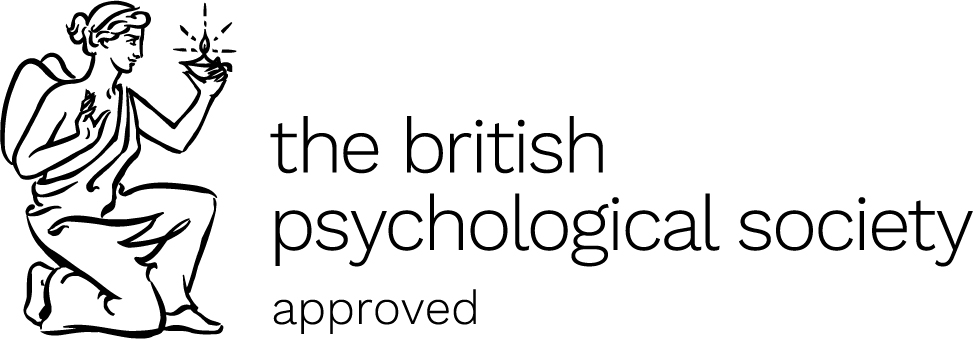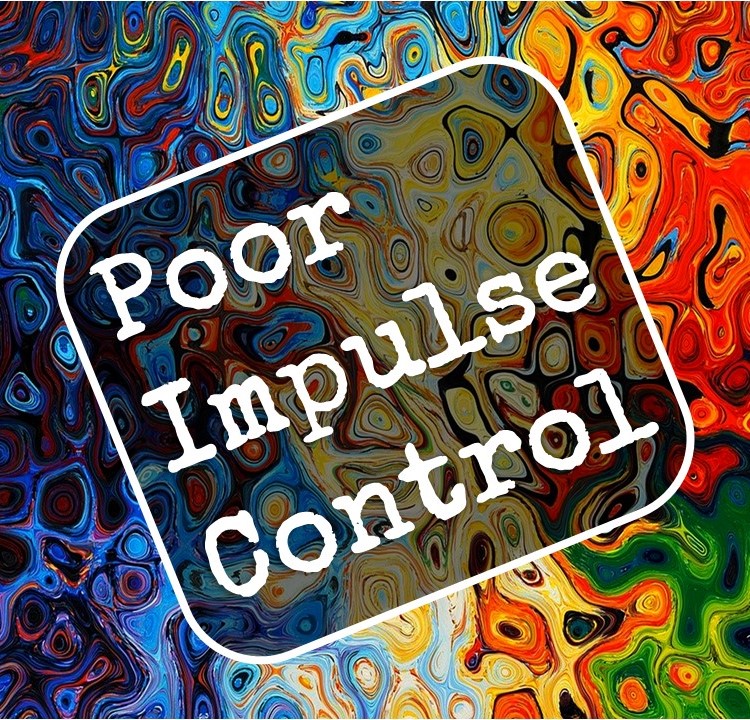
Course Brief
CLICK HERE TO BOOK
This 2-hour course on working with the issue of poor impulse control can be taken independently or as part of a larger, 42 hour, Certificate, Approved by The British Psychological Society consisting of 15 two-hour training modules and one two-day module. The Certificate is designed to enable delegates to apply Integrated CBT to a range of common problems important to both practitioners and their clients.
SPECIAL OFFER: Click here to book all fifteen 2-hr modules & save over £400
CLICK HERE TO BOOK
This 2-hour course on working with the issue of poor impulse control can be taken independently or as part of a larger, 42 hour, BPS Approved Certificate in Non-Diagnostic Psychological Problems: INTEGRATED CBT FOR COMMON LIFE CHALLENGES, consisting of 15 two-hour training modules and one two-day module. The Certificate is designed to enable delegates to apply Integrated CBT to a range of common problems important to both practitioners and their clients.
SPECIAL OFFER: Click here to book all fifteen 2-hr modules & save over £400
Poor Impulse-Control is an “appetitive problem” which we typically know creates problems but which we frequently feel unable to stop doing., This difficulty underlies a range of problems such as: unhealthy eating, temper loss, compulsive shopping, gambling, substance use and shop lifting, to name a small selection. There are motivational issues that need addressing before the use of CBT proper. Trigger management (from environmental to emotional) is outlined, the adaption of exposure techniques and skills drawn from both ACT and DBT are utilised in an effective treatment programme. Case study illustration is used throughout. Finally a Relapse Prevention protocol is outlined.
These common problems frequently create distress and substantially interfere with functioning for sufferers even though they are not diagnostic problems typically leading to referral to mental health services.
Integrated CBT is an evidence-based approach to tackling problems that addresses process as well as content issues in therapy. It includes 2nd and 3rd wave CBT ideas as well as evidence based “tips” from other therapeutic approaches, such as MI, SFT, REBT and others, specifically to address process issues such as motivation and communication difficulties.
We've decided to combine the power of integrated CBT with deeper understanding of non-diagnostic life challenges and this resulted in creation of this Certificate Course.
This Certificate is a series of bite-sized trainings (with the exception of the 2-day detailed training on procrastination) that will guide delegates through cohesive evidence based treatment plans or self-help programmes.
CLICK HERE TO BOOK
This Course is now available as a full recording with an online test via SDS Online Video Training (OVT)
Title: Working with Poor Impulse Control
Modality: Integrated CBT
CPD Hours Attached: 2 CPD Hours
CLICK HERE TO BOOK
SPECIAL OFFER: Click here to book all fifteen 2-hr modules & save over £400
This 2-hour course on working with the issue of poor impulse control can be taken independently or as part of a larger, 42 hour, Certificate, Approved by The British Psychological Society consisting of 15 two-hour training modules and one two-day module.
Completion of any 5 two-hours modules leads to receiving of a Certificate and Accreditation in Non-Diagnostic Psychological Problems: INTEGRATED CBT FOR COMMON LIFE CHALLENGES, Level 1.
Completion of any 10 two-hours modules leads to receiving of a Certificate and Accreditation in Non-Diagnostic Psychological Problems: INTEGRATED CBT FOR COMMON LIFE CHALLENGES, Level 2.
Completion of all 15 two-hours modules leads to receiving of a Certificate and Accreditation in Non-Diagnostic Psychological Problems: INTEGRATED CBT FOR COMMON LIFE CHALLENGES, Level 3.
Completion of Procrastination Module counts as one level.
SPECIAL OFFER: Click here to book all fifteen 2-hr modules & save over £400
Overall Certificate and Accreditation Level 4 is awarded upon the completion of all 4 levels.


